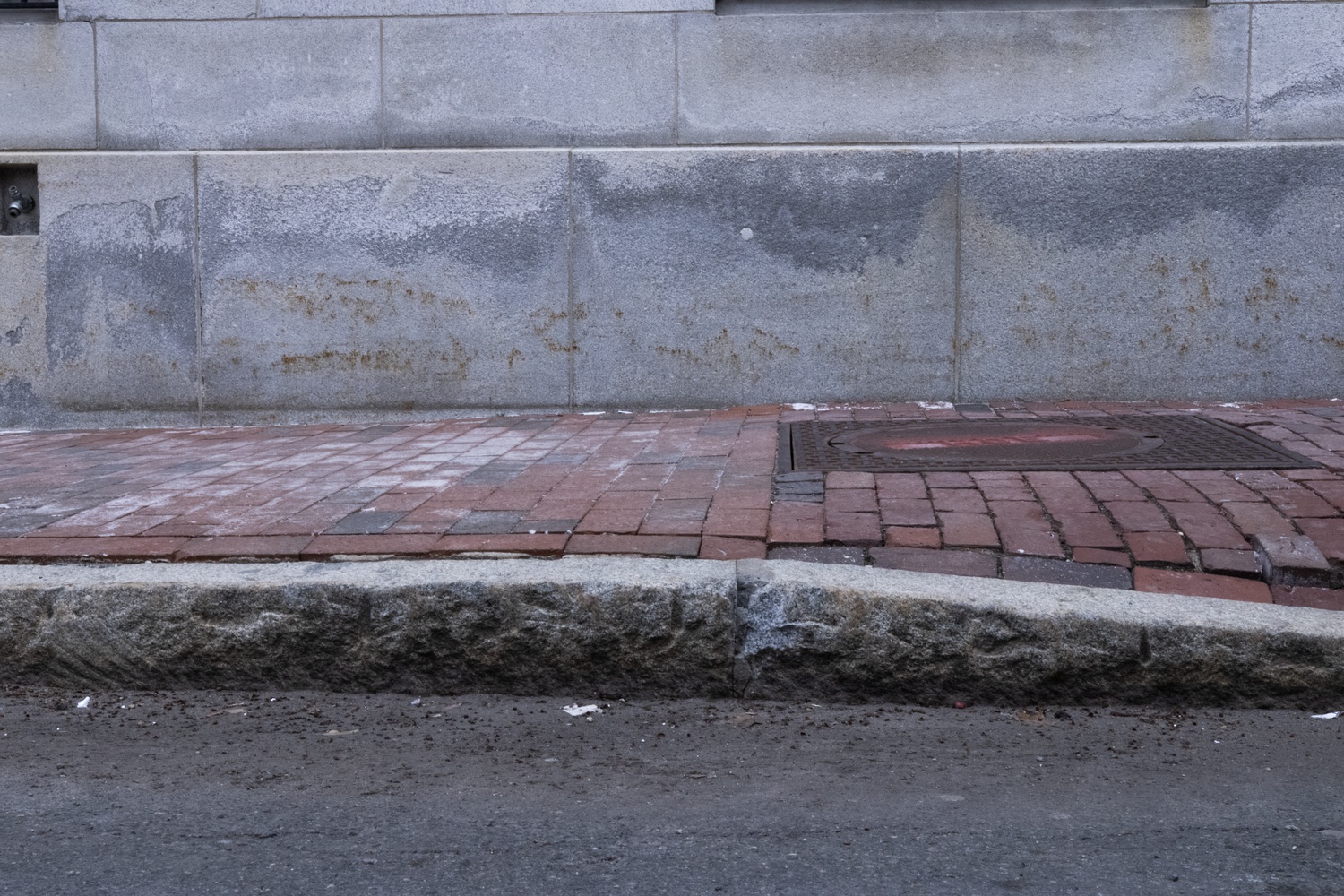
Putting Society’s Ableism into Perspective
Disabled.
It’s a word that most people, including me until this past year, avoid like the plague. New words that seem less “tragic” have been created, like “handicapped,” only feeding into the systematic oppression of it all.
Going through my old college applications and personal statements, I caught my past self avoiding labels altogether, using words like “medical condition” to describe my disability.
I remember how much I struggled to find the right words to write — staring at the computer screen for hours, refusing to write the word “disabled.”
It wasn’t the first time I felt uncomfortable about the topic of disability, and it wasn’t the last.
In fifth grade, I went to watch a skit my best friend was in — a skit she refused to tell me about because she thought I wouldn’t like it. This skit ended up being an extract from the story of Forrest Gump. My face heated up and I asked to go get a drink from the water fountain as soon as I realized that the story was about a disabled young boy.
From elementary school to high school, this happened almost any time people talked about anything even loosely related to disability. Any time this occurred, I would consciously acknowledge that I was usually the only visibly disabled person in the room. It felt like a spotlight that I didn’t want. I almost always avoided contributing to the discussion, and felt a sense of relief when we moved onto another topic.
In high school, during an interview with my local newspaper about applying to college during a pandemic, I intentionally avoided talking about the struggle of navigating campus accessibility when looking for my new home for the next four years. I didn’t say a word about it, even though I had gone to my guidance counselor the same day and told her that they should make more resources available for future students.
I refrained from sharing with the reporter that I had been battling to get in touch with 30 different accessibility offices from various colleges all over the Northeast because they had no information about the physical accessibility of their campus anywhere on their website, and, due to the pandemic, I couldn’t visit any campuses to check for myself. I had been heartbroken to find that one of my top schools had merely one functioning elevator on the entire campus. As spring was fast approaching, I became increasingly more anxious about finding a school where I could belong, where I wouldn’t feel isolated due to lack of accessibility.
Not saying something in that interview is one of my biggest regrets from high school.
In retrospect, this avoidance was, in essence, internalized ableism — a term I was not familiar with until entering college and learning about disability advocacy through my peers at the Harvard Undergraduate Disability Justice Club. I now understand that I was never uncomfortable with the topic of disability, but rather, uncomfortable with the stigma surrounding the disabled population. Growing up, to avoid this connotation, I steered clear of associating myself with the term “disability.”
Before coming to Harvard, I never really thought of myself as disabled, or perhaps more accurately, I never admitted to myself that I was.
Being disabled isn’t a terrible thing. Sure, I would be lying if I didn’t admit the symptoms suck, and some days I wish I just felt healthier, but it’s really the inaccessible environment all around us that makes it hard.
Ableism is deeply ingrained in society in ways many are unaware of, such as the gatherings in inaccessible spaces like the top of the Widener Library steps, or the invasive questions asked by strangers.
To provide some historical context, the Americans with Disabilities Act was passed in 1990, a mere 33 years ago. So to say disability advocacy is a new movement is an understatement. I’m not surprised that society isn’t proactively anti-ableist, and I don’t blame my past self for prior internalized ableism.
Given that this movement has barely scratched the surface and education is so limited, some ignorance has to be taken into consideration. But that does not mean we shouldn’t make an active effort to become anti-ableist.
Thirty-three years ago, dipped curb sidewalks didn’t really exist. So, I don’t expect my friends to actively look for them as we J-walk across Mass. Ave.
Thirty-three years ago, elevators weren’t required in buildings. So, I don’t expect every building at this almost 400 year-old institution to be easily accessible to me.
Two years ago, I wasn’t at all comfortable using the word, “disabled.” So, I don’t expect every person I meet to be eagerly using the ever-so “controversial” word — especially in front of a disabled person. Society may have taught them, wrongfully, that it’s a bad word.
But what I do expect is that an effort is made.
For my friends to offer help stepping up giant sidewalk curbs (even if they need a reminder). For elevators to be priorities in building renovation plans, and for accessible alternatives to be offered. For people to try using the word “disabled,” without any traces of sympathy or guilt.
Educate yourself on disability history: how Judy Huemann and other disabled activists disrupted traffic and hosted a sit-in to fight for the 504 section of the ADA. Learn about ‘inspiration porn,’ and avoid it at all costs. Start thinking about accessibility, and raise concerns when you notice events or places that lack it.
And I’ll keep trying to use my voice to support disability advocacy while reminding myself I can’t avoid discussing disability anymore.
— Staff writer and Diversity and Inclusion Chair Hailey E. Krasnikov can be reached at hailey.krasnikov@thecrimson.com.


